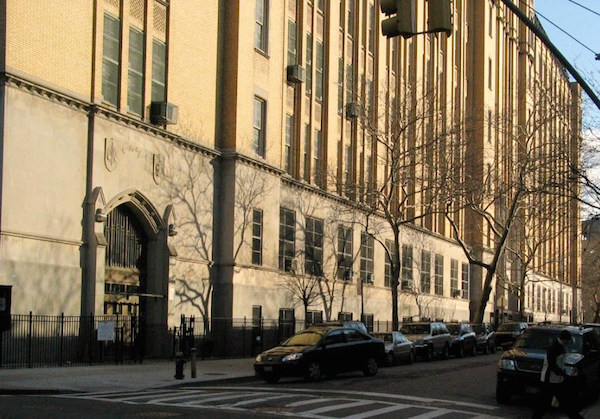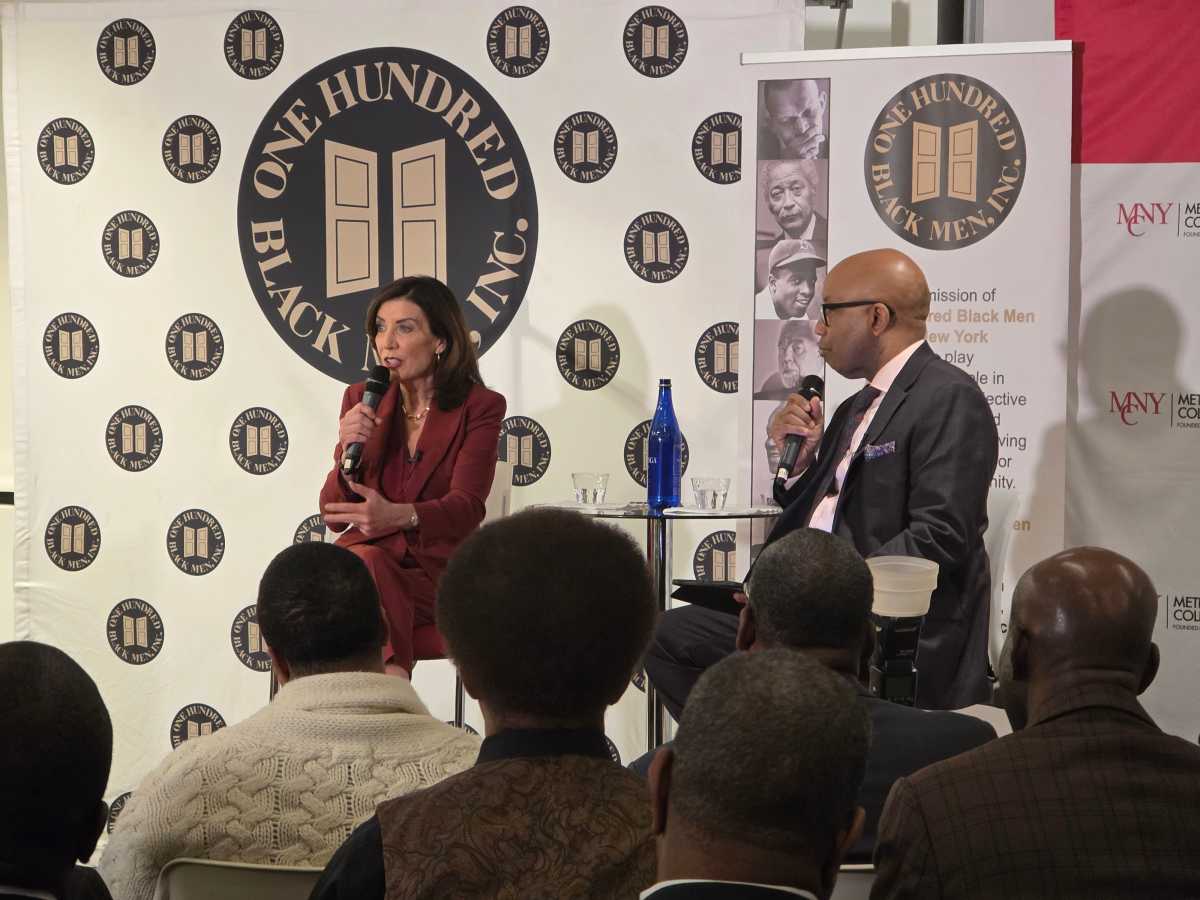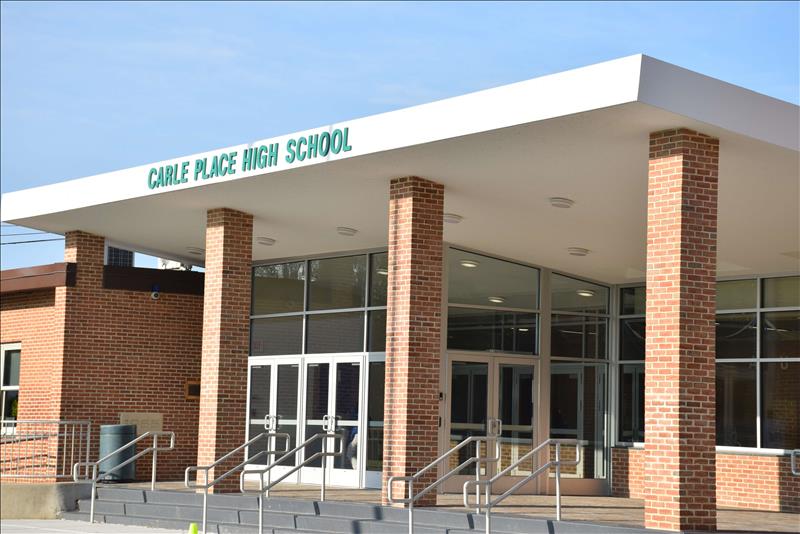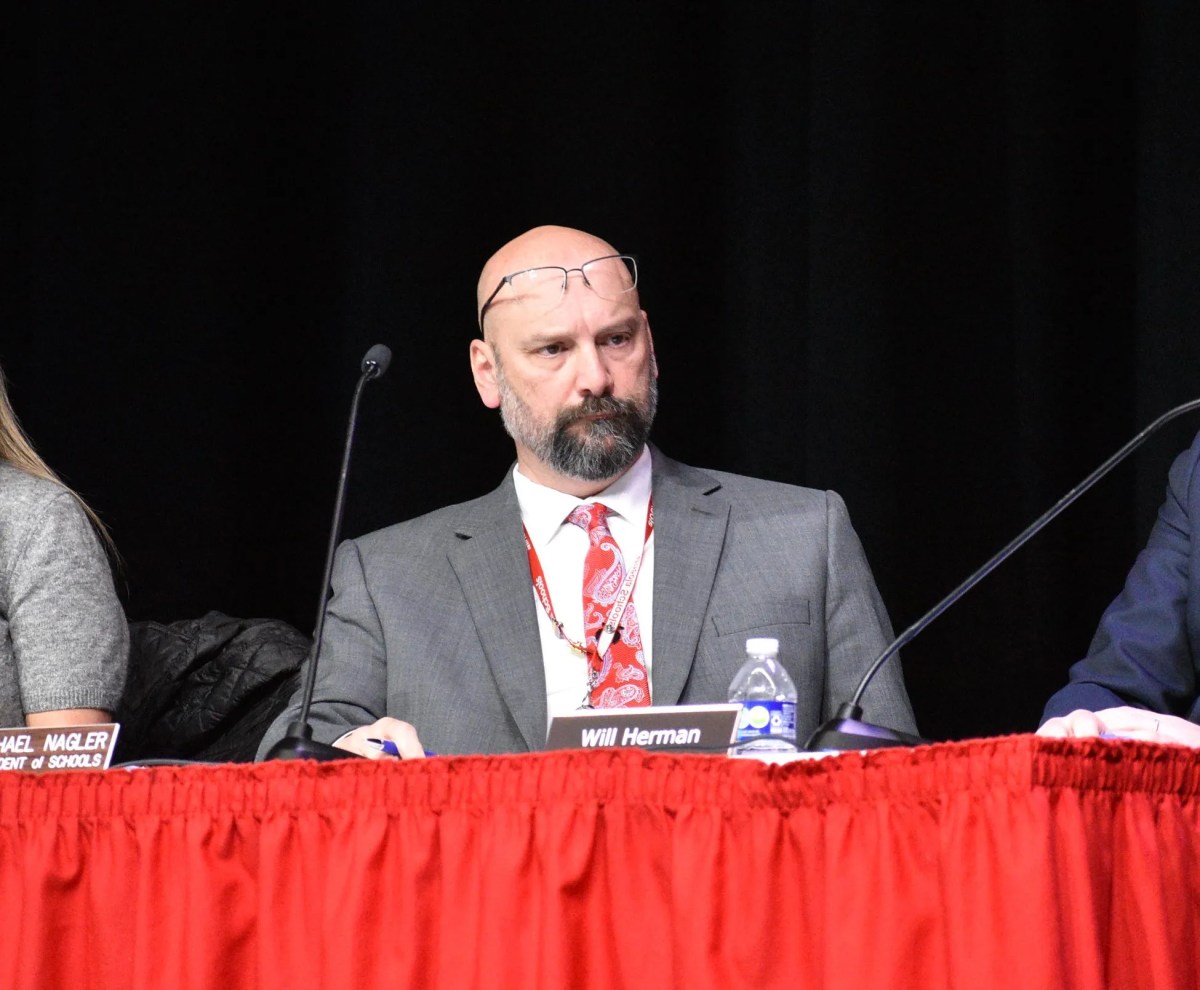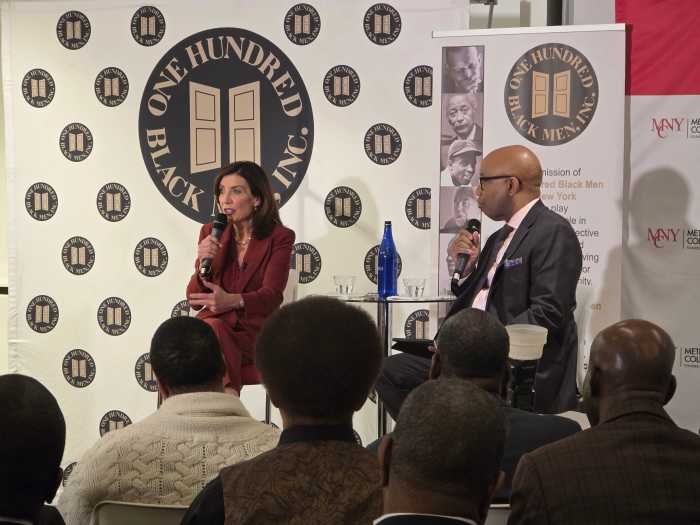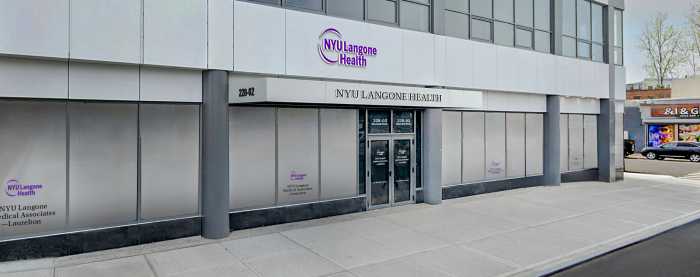Mayor Bill de Blasio yesterday announced proposals to increase black and Latino admissions in the city’s eight elite academic high schools, also known as Specialized High Schools (SHS), that includes scrapping the current admissions test within three years.
The eight SHS that require passage of the admissions test as per state law are The Bronx High School of Science; The Brooklyn Latin School; Brooklyn Technical High School; High School for Mathematics, Science and Engineering at the City College of New York; High School of American Studies at Lehman College; Queens High School for the Sciences at York College; Staten Island Technical High School; and Stuyvesant High School.

The eight specialized high schools enroll 15,540 students. Of these students half are low-income, 62% are Asian, 24% are white, 6% are Latino, and 4% are black, according to city data. In the public system overall, 68% of high school students are Latino or Black.
“There are talented students all across the five boroughs, but for far too long our specialized high schools have failed to reflect the diversity of our city,” said de Blasio. “We cannot let this injustice continue. By giving a wider, more diverse pool of our best students an equal shot at admissions, we will make these schools stronger and our City fairer.”
The de Blasio Administration’s two-part plan includes:
- Expanding the Discovery program to help more disadvantage students receive an offer: The Discovery program is designed to increase enrollment of low-income students at Specialized High Schools. The program will expand to 20 percent of seats at each SHS and adjust the eligibility criteria to target students attending high-poverty schools. This would be a two-year expansion, beginning with admissions for September 2019. Based on modeling of current offer patterns, an estimated 16 percent of offers would go to black and Latino students, compared to 9 percent currently.
-
Eliminating the use of the single-admissions test over three years: The elimination of the Specialized High Schools Admissions test would require state legislation. By the end of the elimination, the SHS would reserve seats for top performers at each New York City middle school. When the law is passed, the test would be phased out over a three-year period. Based on modeling of current offer patterns, 45 percent of offers would go to black and Latino students, compared to 9 percent currently; 62 percent of offers would go to female students, compared to 44 percent currently; and four times more offers would go to Bronx residents.
Amongst the justification the de Blasio Administration utilized in formulating the plan included that in 2016, 21 middle schools – or 4 percent of all New York City middle schools – comprised about 50 percent of SHS offers. The incoming freshman class at Stuyvesant High School only has 10 African-American students in a class of more than 900.


“Specialized high schools across the country have a 30-40 percent enrollment of Black & Latino students,” said Assemblyman Charles Barron (D-East New York), who will introduce the state bill to end the admissions test. “We, in NYC, must end the single-test criteria for admissions into the specialized high schools in NYC. It renders 9 percent for Black & Latino students and that’s unconscionable and unacceptable. The Mayor and I are presenting this bill that will increase the opportunities of Black and Latinos to 45 percent. This is the just thing to do.”
Assistant Assembly Speaker Felix W Ortiz (D-Sunset Park, Red Hook) said city schools must open the door to let more students attend specialized high schools. “I will make every effort to pass the legislation that’s necessary to move this new admissions plan move forward. Specialized high schools offer classes that should be open to more students, especially those from minority -communities,” he said.
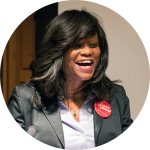
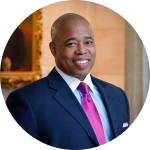
Assembly Member Rodneyse Bichotte (D-Flatbush, Ditmas Park), said the city’s prestigious specialized high schools are not accessible to the vast number of the city’s top performing students, partially due to socio-economic disparities and acceptance based solely on a single test, the Specialized High Schools Admissions Test (SHSAT).
“As a result, these specialized High Schools are not reflective of New York’s diverse population. These students are further harmed because they are not exposed to the college opportunities these Specialized High Schools offer. Furthermore, a diverse student body benefits all students attending the school. The mayor’s decision to expand the Discovery Program and address the SHSAT will ensure that our best High Schools mirror the rich diversity of our city making our New York both fairer and more competitive,” said Bichotte.
Brooklyn Borough President Eric L. Adams said a year after the release of his joint task force’s report on the issue, Mayor de Blasio and Schools Chancellor Carranza have recognized the most fundamental of truths about specialized high schools.
“We must replace the admissions model that has SHSAT scores as its sole admissions criterion. I will do whatever I can to support legislative efforts in Albany that implement a new, well-rounded system, inclusive of middle school class rank and state test scores as we had recommended,” said Adams. “
Still, the city is far from doing all it can to expand diversity in gifted and talented education. The doors to our specialized high schools — the exemplars of our city’s best in public education — must be wide open to every middle school student who showcases top-tier aptitude and academic achievement. These reforms have opened those doors a bit wider, and we must continue to push them further,” he added.
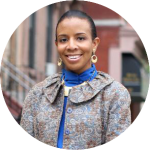
City Council Majority Leader Laurie A. Cumbo (D-Fort Greene, Clinton Hill, Prospect Heights, Crown Heights) said the city’s greatest educational opportunities and resources must also uphold values of equity and inclusion. “I applaud Mayor de Blasio for taking critical steps in assuring that our Specialized High Schools reflect the full diversity of our city, and rejecting the abhorrent notion that inclusion is at odds with excellence. As a black alumni of Brooklyn Tech, I know firsthand the importance of this effort and look forward to seeing a more diversified student body,” said Cumbo.


